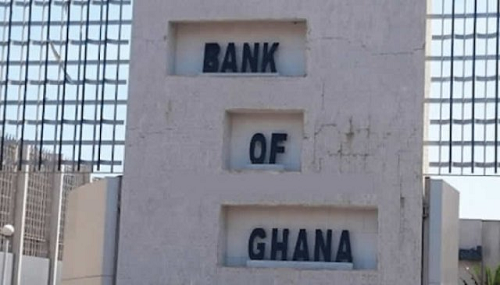
Featured
Kweku Zurek
Business News
The Bank of Ghana (BoG) has posted an operating loss of GH¢9.49 billion for the 2024 financial year, a significant but narrowed deficit compared to the GH¢13.23 billion loss restated for 2023.
According to the central bank’s newly published financial statements, the GH¢9.49 billion operating loss arose from total income of GH¢9.40 billion, which was far outweighed by operating expenses amounting to GH¢18.89 billion.
This outcome, while reflecting some improvement in financial performance, continues to underline the challenging fiscal and operational environment in which the central bank is functioning.
The report identifies three major contributors to the 2024 operating loss. Chief among them is the GH¢8.60 billion cost of open market operations—a monetary policy tool used to manage liquidity and control inflation.
The second factor is a GH¢3.49 billion hit from revaluation and exchange rate losses, including GH¢1.82 billion specifically tied to the government’s Gold-for-Oil programme. Lastly, currency issuance expenses rose significantly, reaching GH¢1.01 billion in 2024 from GH¢0.69 billion the previous year.
In spite of the continued losses, the Bank reported a net comprehensive gain of GH¢4.02 billion in 2024, reversing a net comprehensive loss of GH¢9.19 billion recorded in 2023. This has led to a modest improvement in its equity position, which remains negative at GH¢61.32 billion but is better than the GH¢65.34 billion reported last year.
The Bank attributed the net comprehensive gain largely to modifications in accounting treatment related to the revaluation of its holdings in gold, special drawing rights (SDRs), and foreign securities. These adjustments have helped to offset some of the operational setbacks.
The BoG’s total assets have also grown substantially from GH¢140.41 billion in 2023 to GH¢215.06 billion in 2024, underscoring increased engagements in both foreign and domestic operations.

In a statement accompanying the release of the financials, the central bank said the publication reaffirms its “continued commitment to transparency, accountability, and sound financial governance.”
It also reiterated its mandate to maintain price and financial stability while fostering an environment that supports business and individual economic activity.
